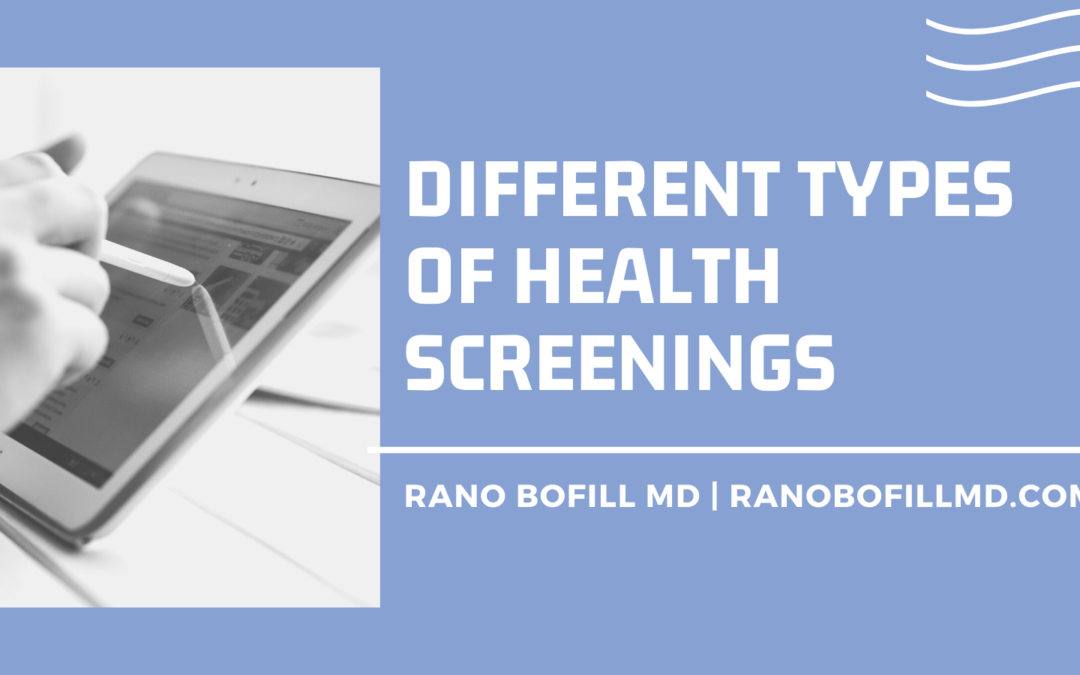Health screenings can be essential for your overall well-being, but some aren’t as important to have as others. Keep reading to find out which health screenings you should invest in and which ones you should avoid.
- Blood Pressure screening- If you’re over 18, getting your blood pressure checked regularly can help catch hypertension, a leading cause of cardiovascular disease and heart attacks. If you have a family history of heart disease, more regular screenings may be needed.
- Diabetes screening- If you have high blood pressure or other risk factors, it may be necessary to measure your blood glucose to see if you have Type 2 Diabetes. However, many doctors believe that checking for Type 2 Diabetes is only necessary after the age of 45. It’s best to speak with your provider to see what is right for you.
- Skin Cancer Checks- The American Cancer Society recommends that adults over the age of 20 get screened for skin cancer by a dermatologists. However, other organizations don’t necessarily see the benefit unless you develop new moles or lesions.
- Abdominal Aortic Aneurysm Screening- This condition tends to affect older males who have previously smoked. Any male between the ages of 65 and 75 who have smoked or currently smoked should probably be screened for aortic aneurysm risks, while the general population could probably skip this test.
- Cervical Cancer Screenings- For sexually active women, or women who have turned 21, regular Pap smears can catch changing cells and other risk factors for cervical cancer. Pap smears are recommended every three years, but women who have had abnormal screenings may need one every year.
- Alzheimer’s Disease Screenings- For older adults, there are no proven benefits of being tested yearly for signs of dementia or Alzheimer’s Disease. In fact, the Alzheimer’s Association only suggests visiting a doctor for this condition if symptoms begin to arise.
- Breast Cancer Screenings- There is a lot of debate about which age and how often women should be screened for breast cancer. Women aged 50-74 are supposed to have mammograms every two years, but the benefit hasn’t been proven for women over age 74. Also, self-breast exams have been proven to be ineffective.
